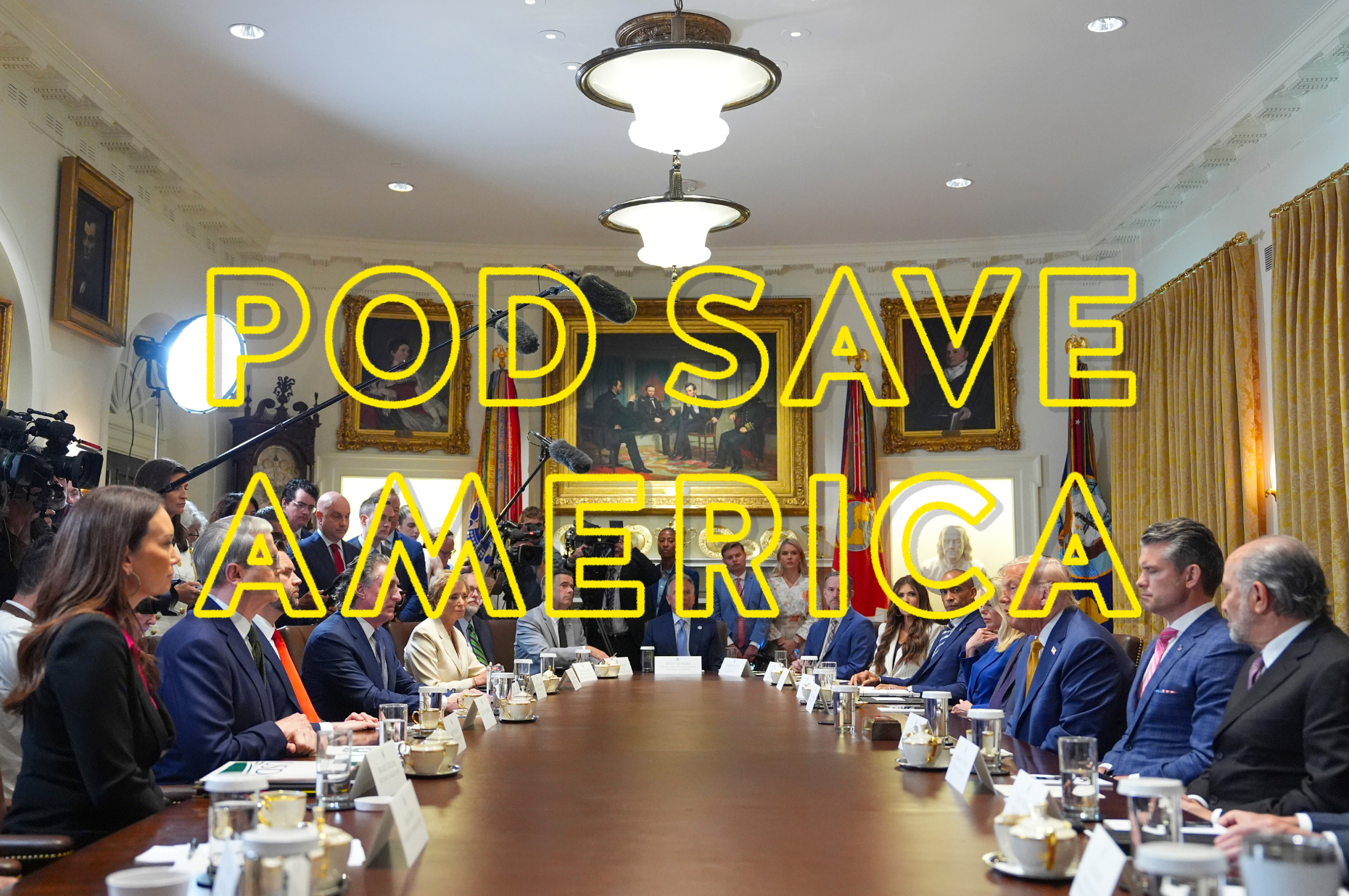
Voting is an integral part of our democracy. Elections are the means by which Americans choose their elected leaders and what they want from their government. But today, the right to vote is increasingly under siege. Republican governors and state legislatures across the country have suppressed voting in communities of color, and among poor people, seniors, and people with disabilities using targeted, racist voting laws. They have intentionally rigged our system of free and fair elections in their favor.
As we saw across the country, especially in Georgia, North Carolina, and my home state of Texas, discriminatory voting laws are silencing Americans and influencing key elections. The November midterms were marred by understaffed polling sites, voter intimidation and harassment, and failure to set up polling locations in certain counties, including the Texas county of Waller, which in 2017 had the second-highest African American population in Texas.
Republicans know they lose elections when more Americans have access to the ballot, so they suppress the vote out of desperation to maintain their grip on power, against the will of the people. Senate Majority Leader McConnell went as far as to call it a “power grab” to make Election Day a national holiday. McConnell is normally calculated and strategic but this time he’s shown us his hand.
As a direct result of Democrats’ success in 2018, Republicans are working even harder to limit Americans’ participation in their own democracy. They are reviving extreme identification requirements and purging voter rolls. If Democrats fail to act, we run the real risk of backsliding into voting restrictions that resemble the Jim Crow era.
Cue House Resolution 1 – the “For the People Act.”
H.R. 1 will increase access to the ballot box, end gerrymandering, and limit the influence of big money in politics. This omnibus package is Democrats’ promise to the American public to create real lasting voting reform, to eliminate discriminatory voting laws, and make critical investments in election infrastructure and technology.
Within H.R. 1, I’ve included two measures: one to eliminate barriers to voting by requiring the United States Postal Service to carry absentee ballots free of charge; another to reduce the damage done by suppressive voter ID laws across the country that restrict Americans’ right to vote by creating new protections for voters arriving at the polls. The bill will require the 35 states with voter ID laws to allow voters arriving at polls, without the identification required by their state, to provide a sworn written statement affirming their identity. This, along with other provisions within H.R.1 to create automatic voter registration, will limit the power of restrictive voter ID laws. These initiatives are crucial to the health of our democratic institutions.
Democrats know we need to counter the Republican culture of voter intimidation. We also need to invest in technological advancements and repeal discriminatory voting laws. In order to do that, we must restore public confidence that everyone’s vote and voice counts.
H.R. 1 will help us accomplish this. So will the next generation of activists, galvanized by civil rights leaders like Congressman John Lewis and Stacey Abrams, who have risen up and demanded more from our country and our democracy.
Earlier this month, I participated in a voter-engagement hearing in Brownsville, TX, and was able to share this country’s history of voter suppression with the next generation of Texans. I told them that their voices can change the direction of this country. And come 2020, it will.
Marc Veasey represents Texas’s 33rd Congressional District and is the founder of the Voting Rights Caucus.

